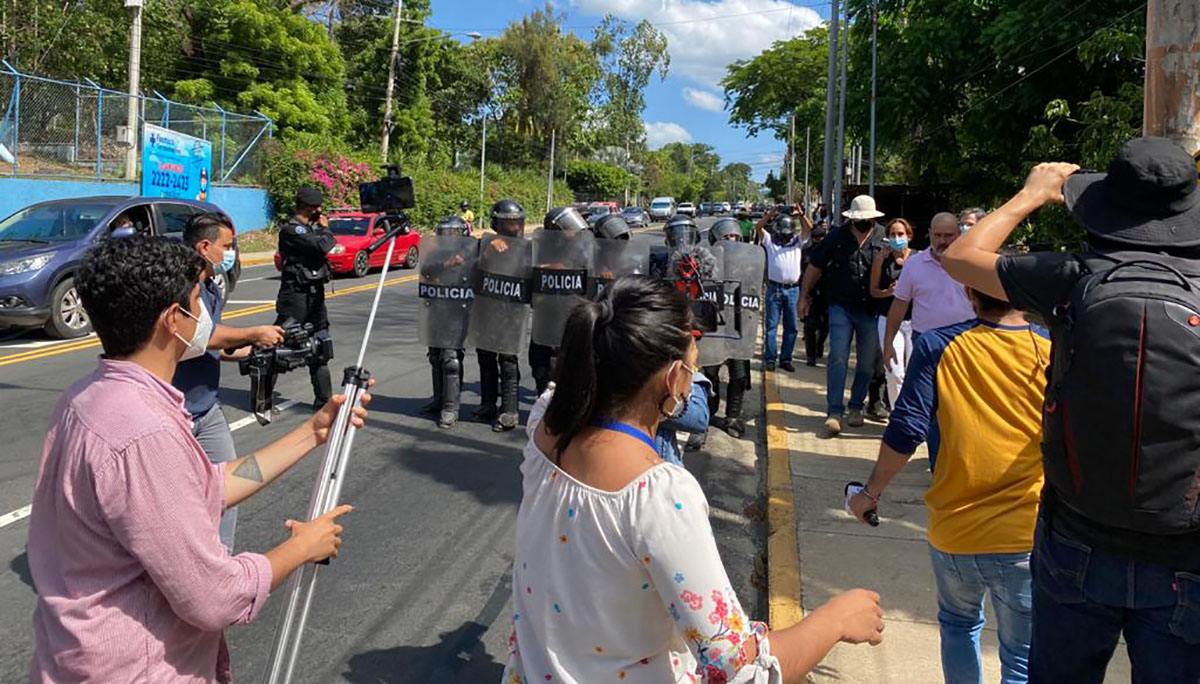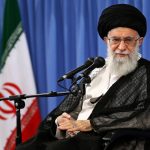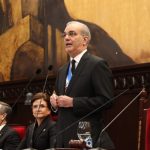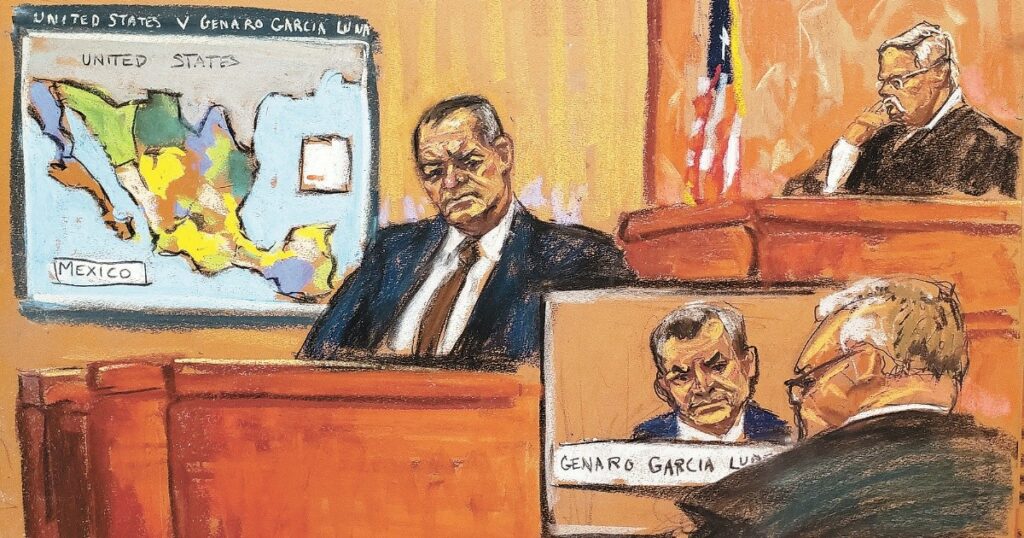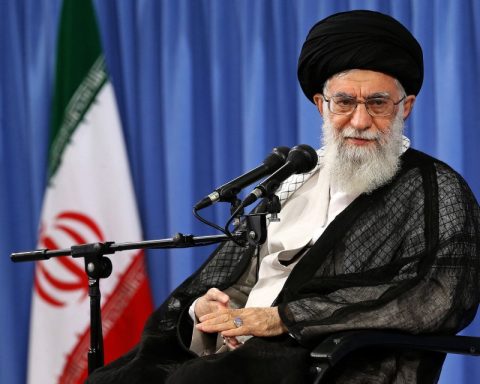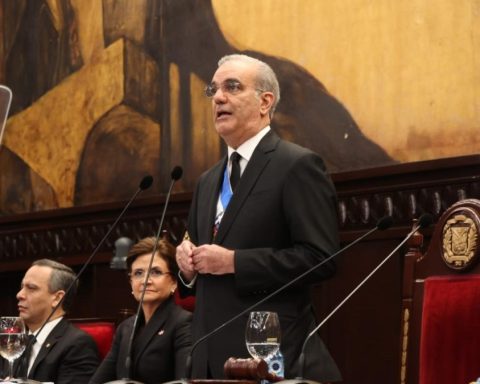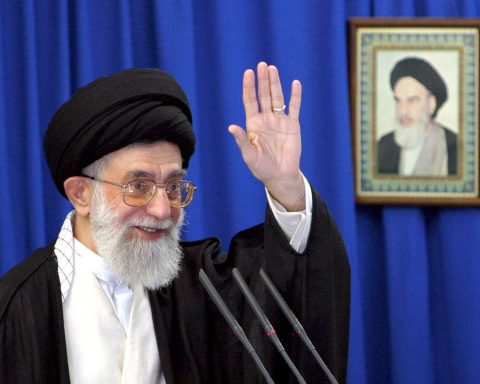Less than 24 hours before the VII Summit of the Community of Latin American and Caribbean States (Celac) begins in Argentina, the Inter-American Press Association (SIP) ruled against the participation of senior officials from the dictatorships of Nicaragua, Venezuela and Cuba. The three Latin American regimes are pointed out as “the most repressive of freedom of the press and expression and journalism in the Americas.”
The delegations of the dictatorships are headed by the Cuban dictator Miguel Díaz-Canel Bermúdez; that of Nicaragua by Foreign Minister Denis Moncada and that of Venezuela by Foreign Minister Gil Pinto. Dictators Daniel Ortega and Nicolás Maduro declined to participate in said event and sent their foreign ministers.
“If the invitation obeys the objective of promoting dialogue and political agreement on the continent, this required a prior commitment from each member of the regional forum to put an end to repression and the systematic violation of human rights,” said the YEP.
Related news: The IAPA will redouble its efforts after a violent and negative 2022 for the press
Call for democratic governments
Carlos Jornet, president of the IAPA’s Committee on Freedom of the Press and Information, affirmed that the democratic rulers of the region, regardless of their ideology, should demand that Nicaragua, Cuba and Venezuela “put a stop to the repression against journalists, social leaders and political dissidents.
«Democracy is based on respect for pluralism, citizen control over those who govern, the periodicity of mandates, the balance of powers, free access to public information and respect for essential human rights, among which freedom of Expression is a centerpiece,” he stressed.
Michael Greenspon, president of the IAPA, regretted that the dictators Ortega, Maduro and Díaz-Canel, who violate human rights, have been invited to the VII Celac Summit by the president of Argentina. He also considers that these dictators stopped believing in democracy.
Related news: UN denounces the closure of 26 Nicaraguan media outlets during 2022
“We are talking about the three most repressive governments of freedom of the press and expression and journalism in the Americas. We regret that these leaders who violate human rights and disbelieve in democracy have been invited by an organization that, among its objectives, includes the promotion of a respectful dialogue capable of building consensus on issues of common interest,” Greenspon said.
“We reiterate our claim to these governments to release dozens of prisoners of conscience who were convicted in trials without the right to defense. Also to stop the persecution against those who dare to criticize public policies in those countries”, added Jornet.
exile or jail
The recent report of the Office of the United Nations High Commissioner for Human Rights (OHCHR) on the crises in Nicaragua corresponding to 2022 denounces the closure of the media by the Ortega regime and the exile of more than 80 journalists as a result of the constant threats against him, persecution and violence.
«From 2018 to December 7, 2022, 174 journalists and press workers who went into exile have been counted. Only in 2022 there were 84, that is, 48% of the total since the beginning of the sociopolitical crisis,” says the document of the international organization, which in turn highlights the constant demand for the Nicaraguan regime to respect the rights of the men and women of the press.
«In 2022 at least 26 media outlets have been cancelled. However, a possible underreporting is alerted because the closures would not have been officially notified, but rather, through telephone calls, “lamented the UN.
